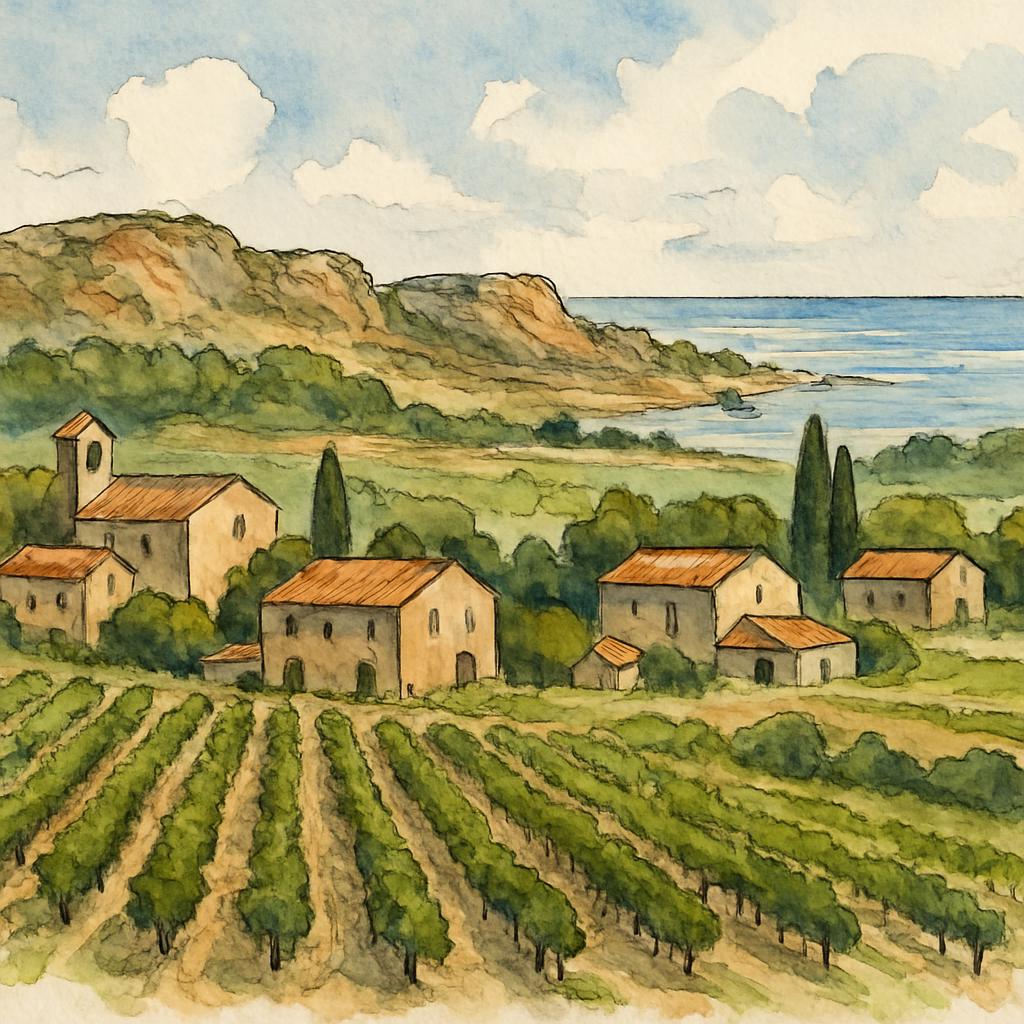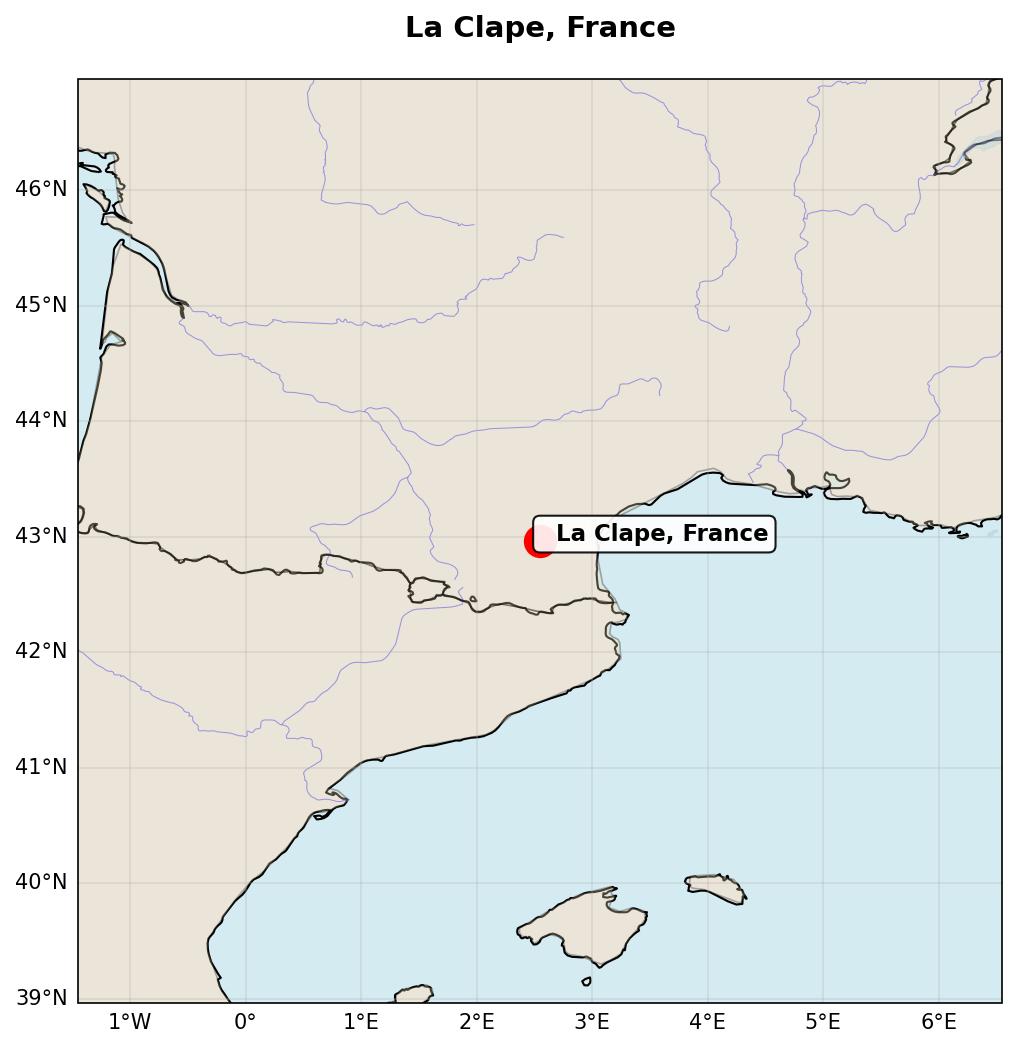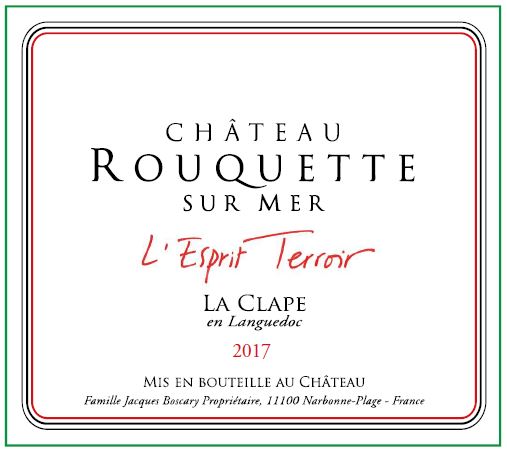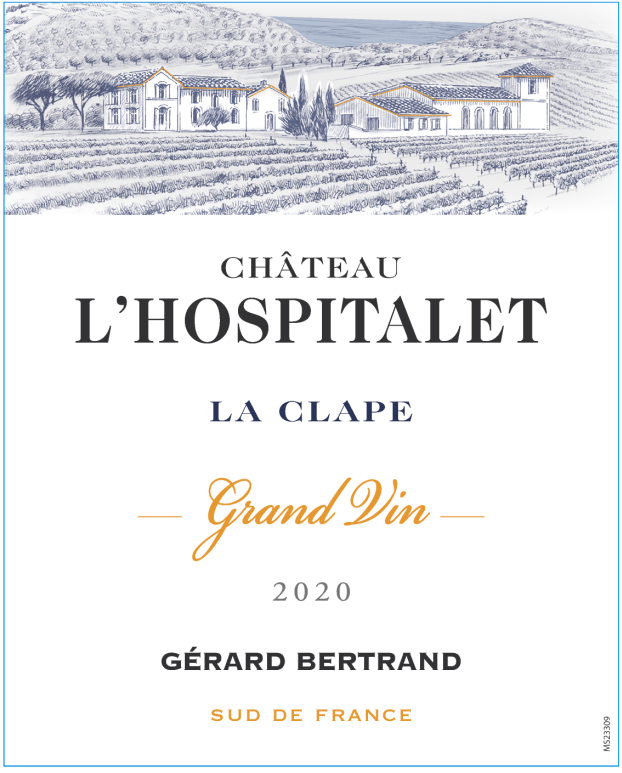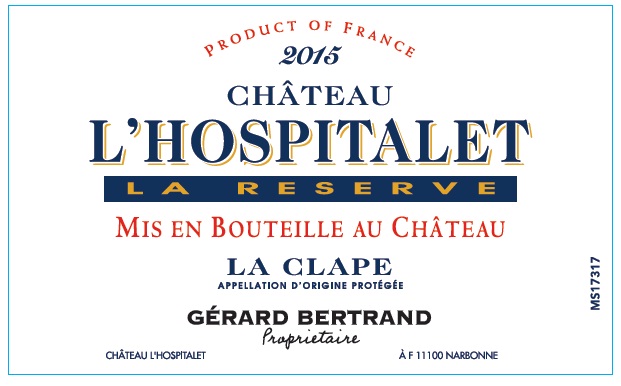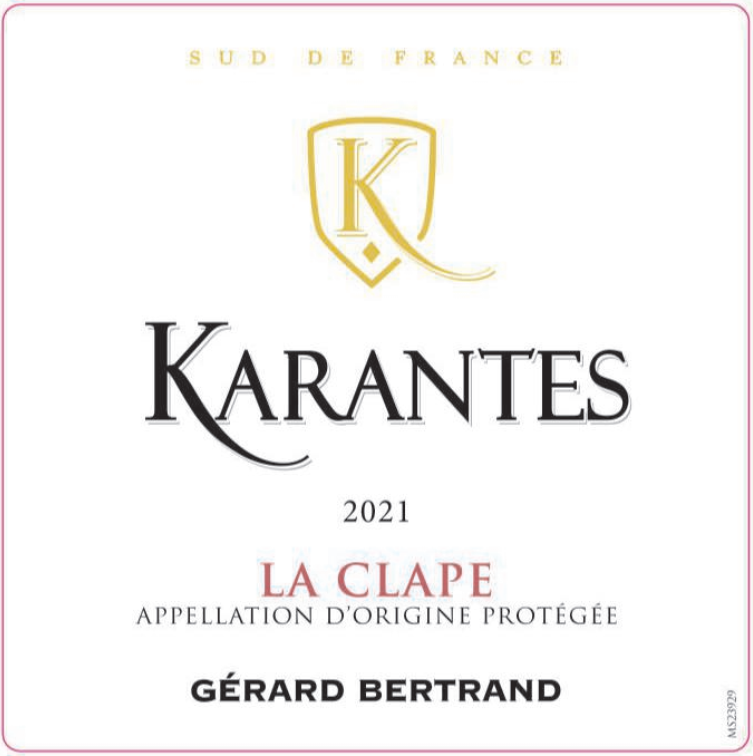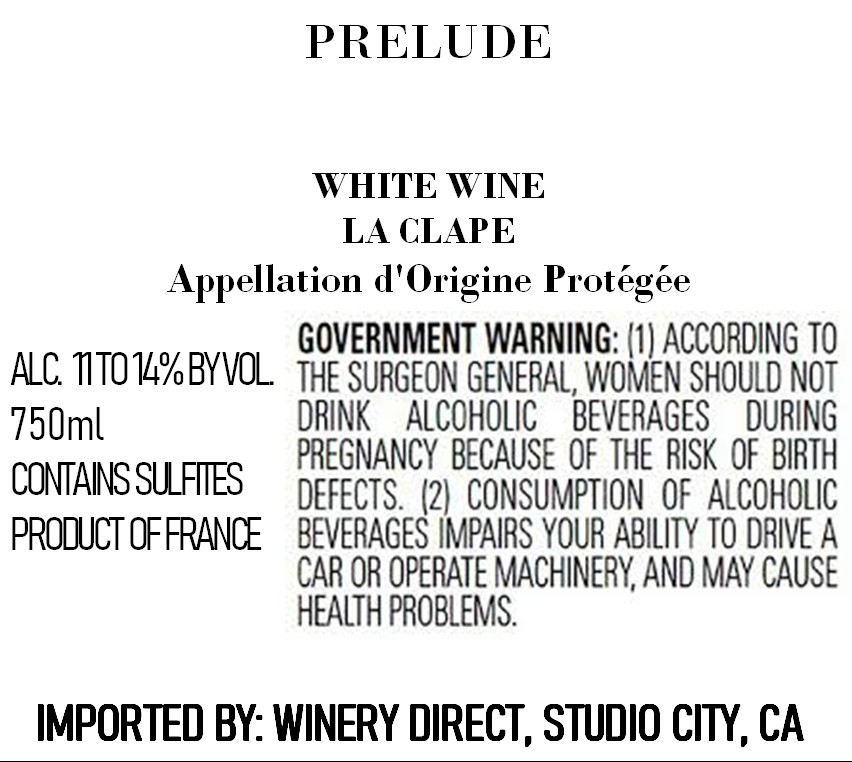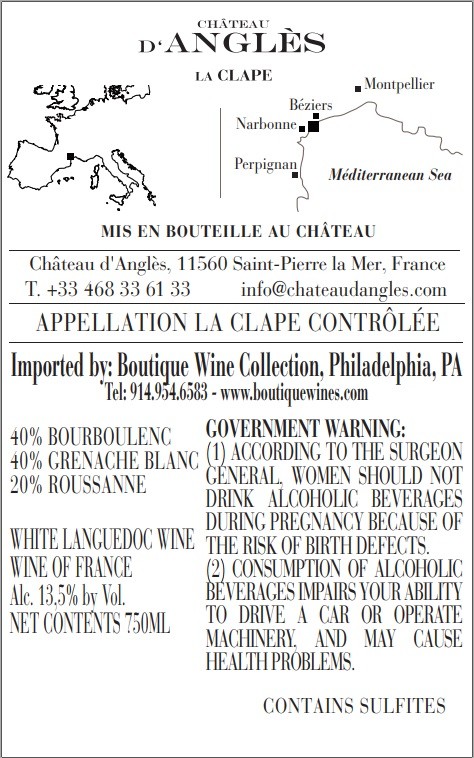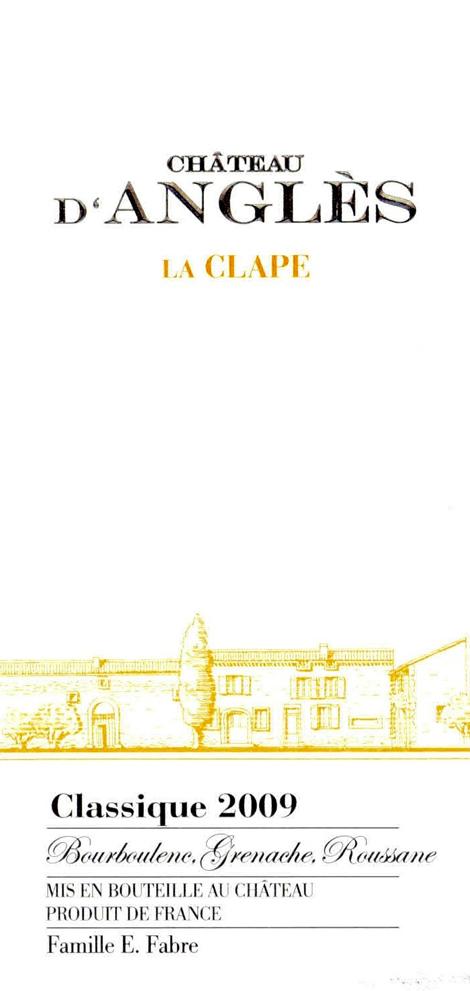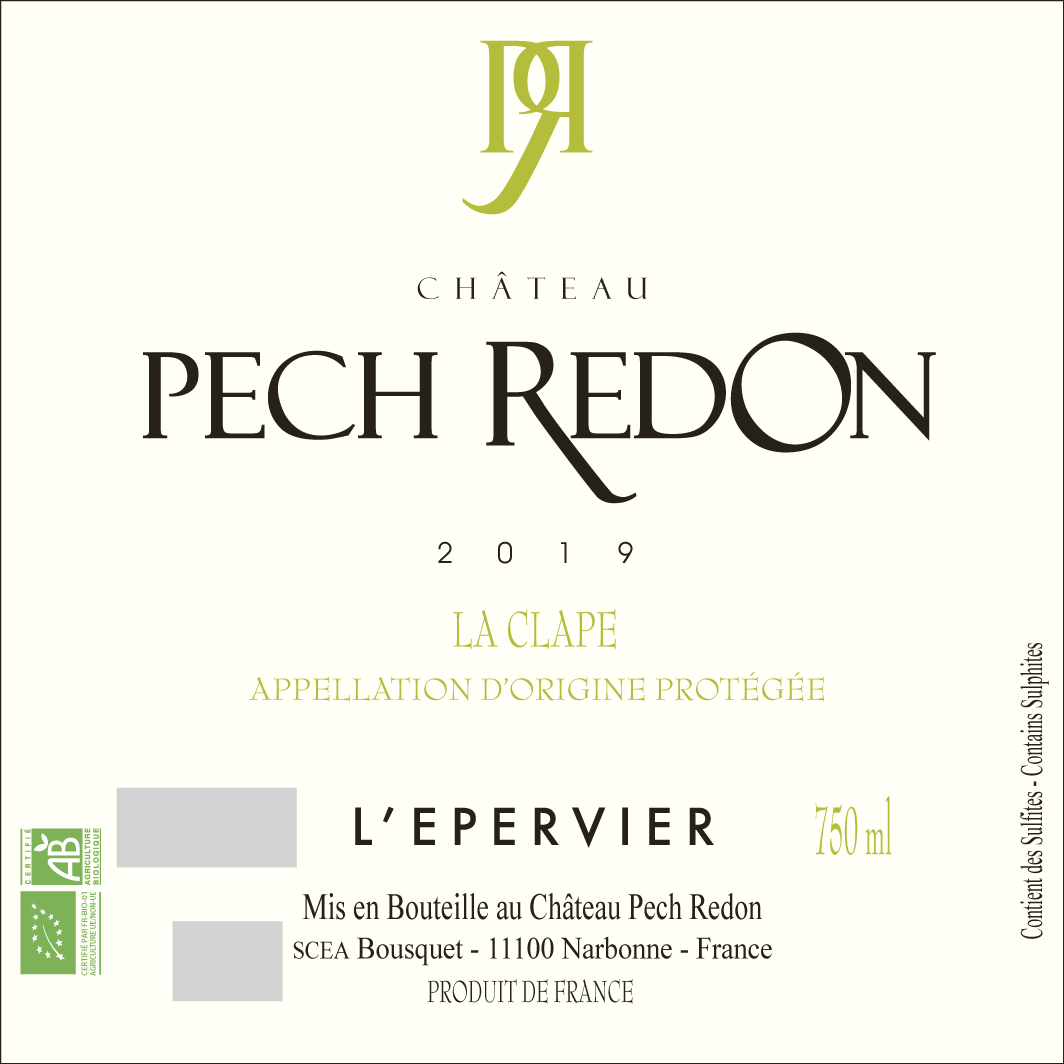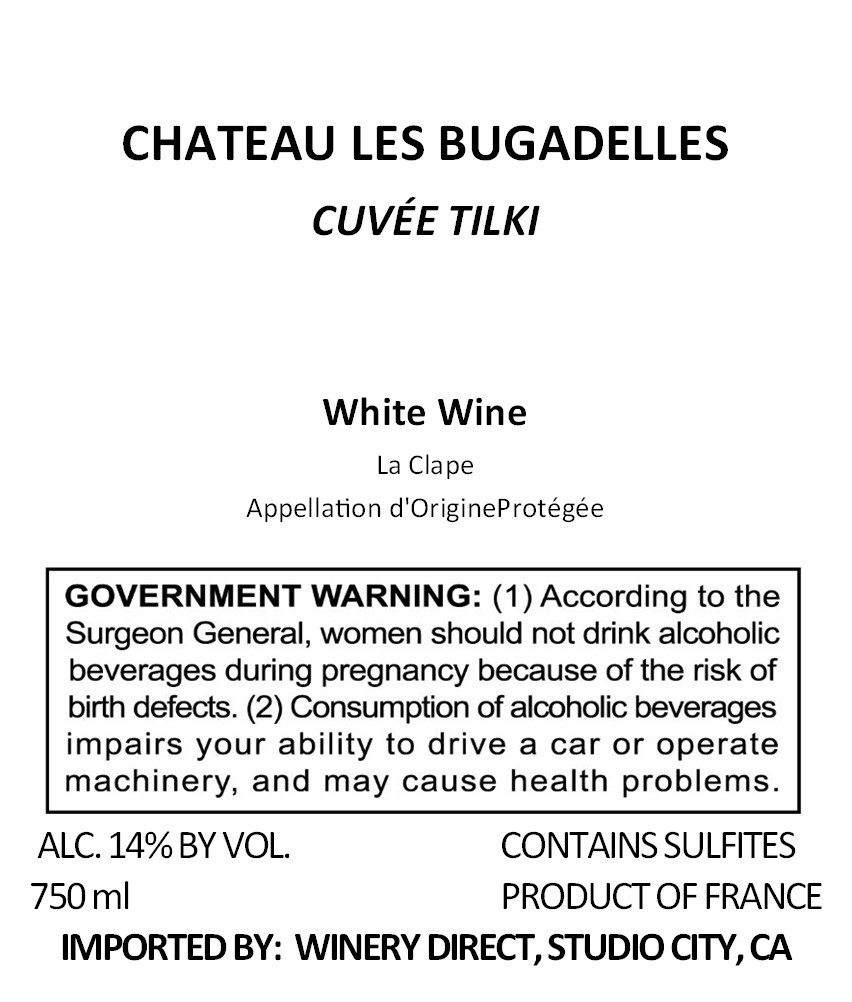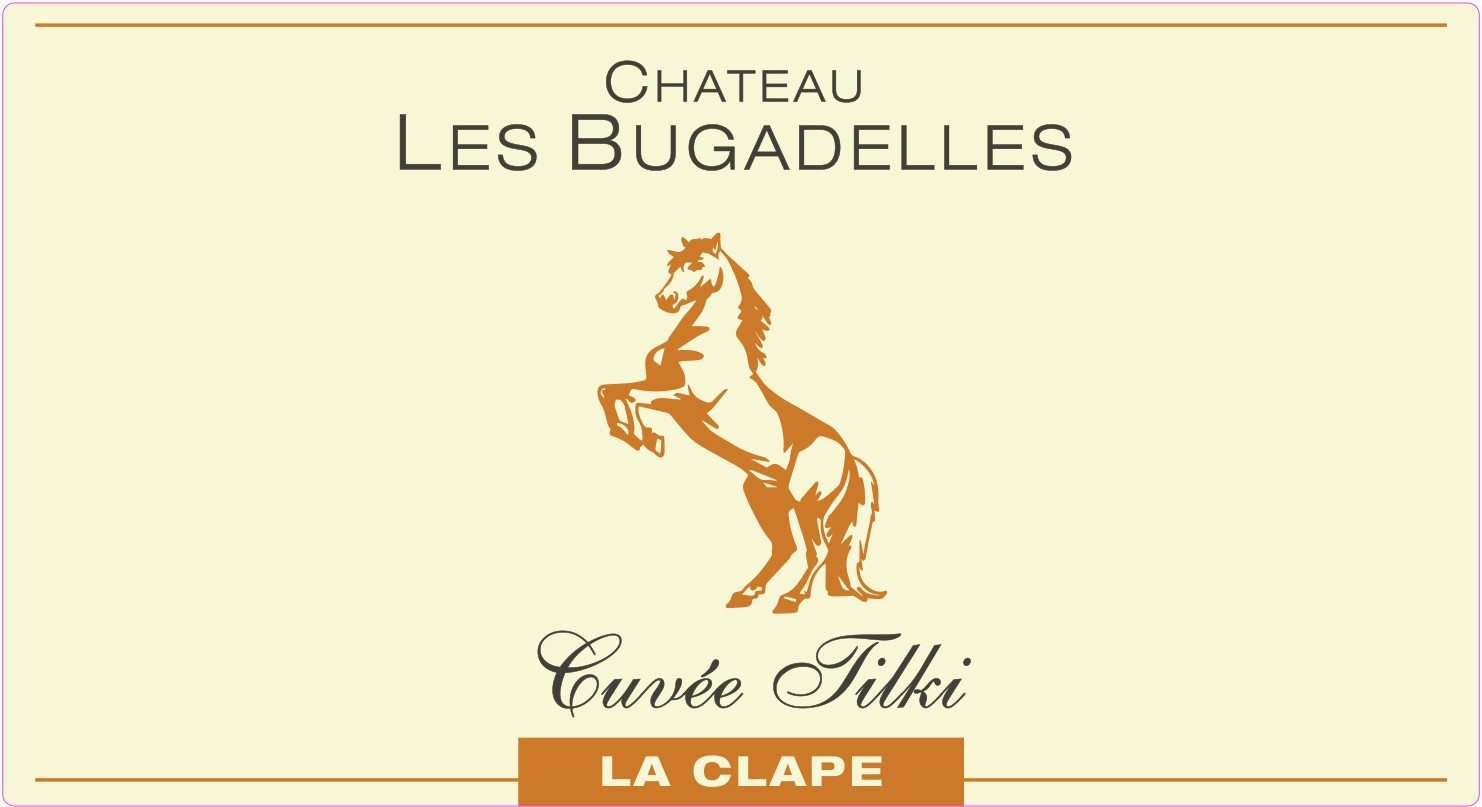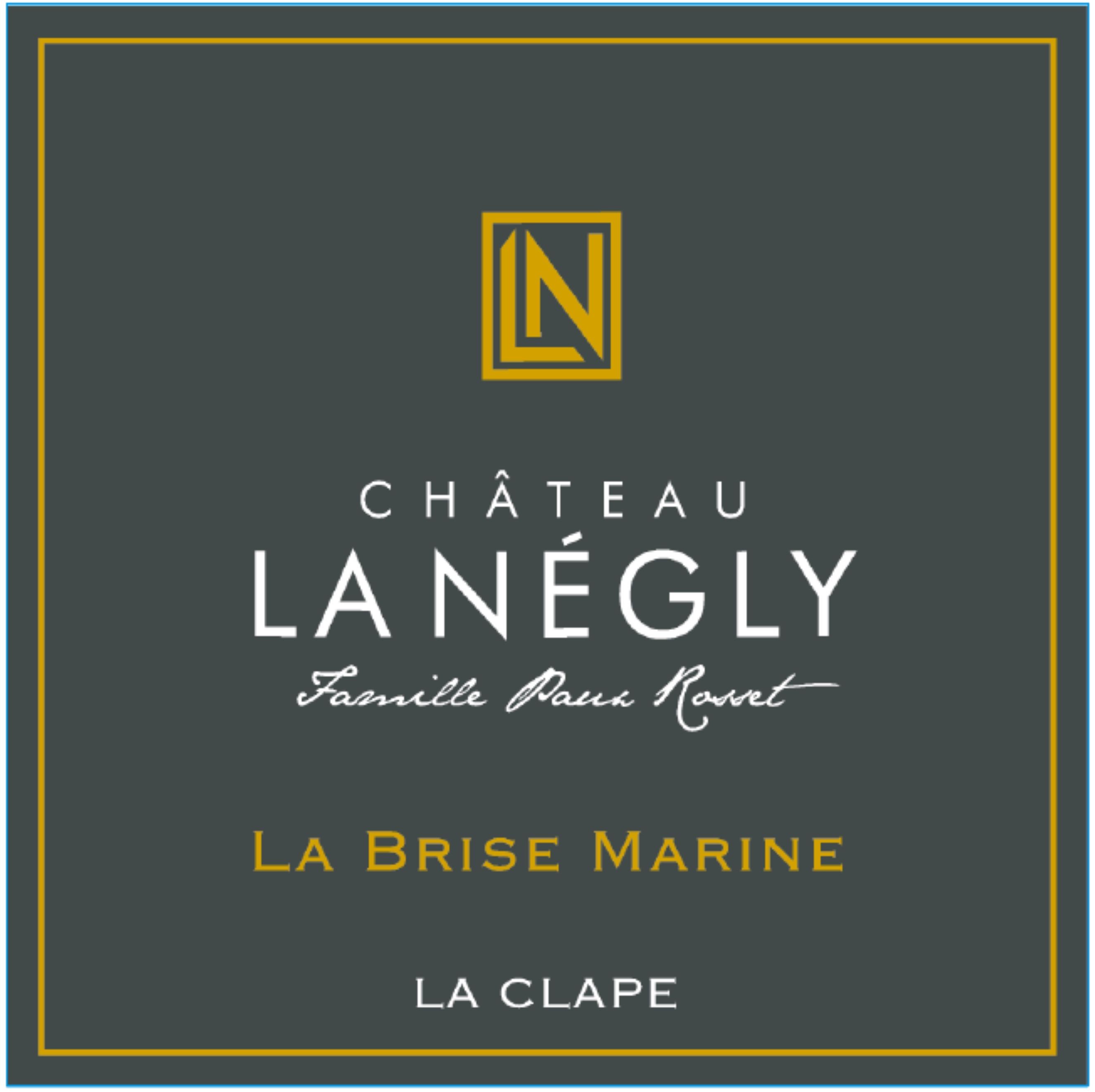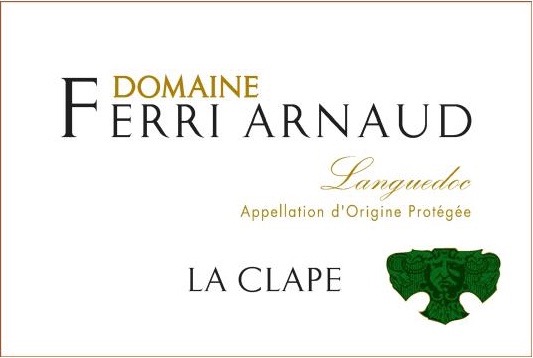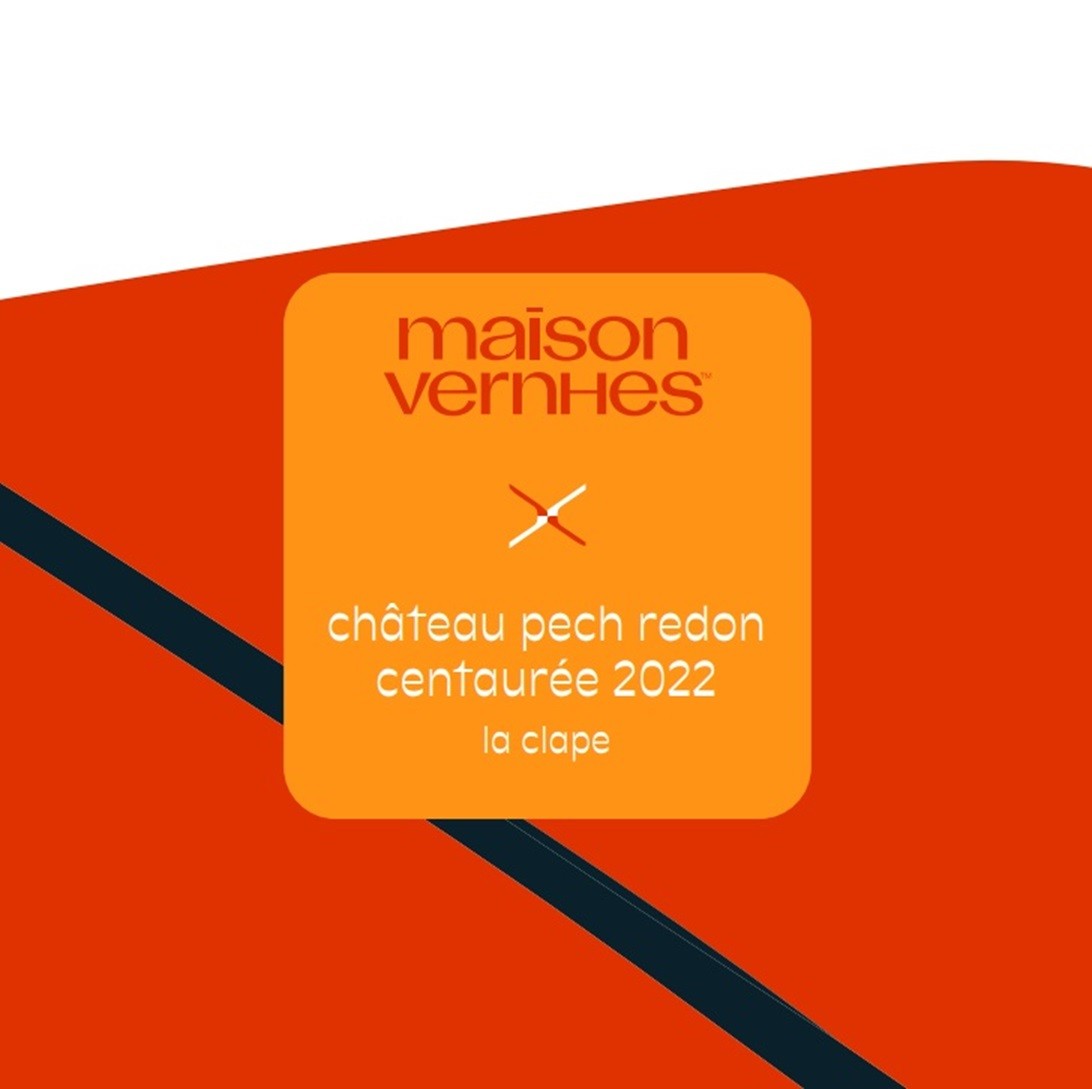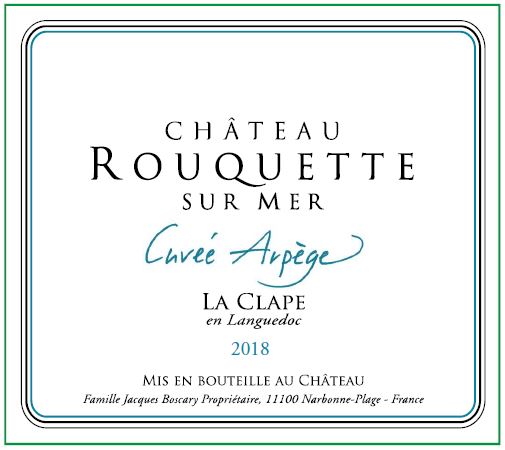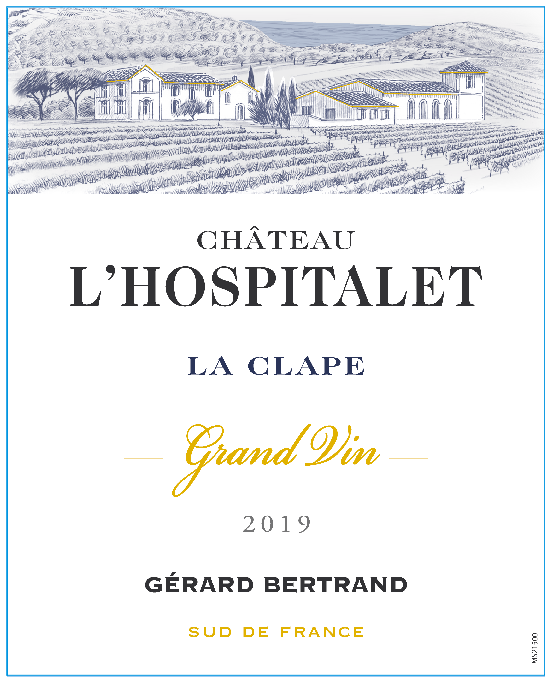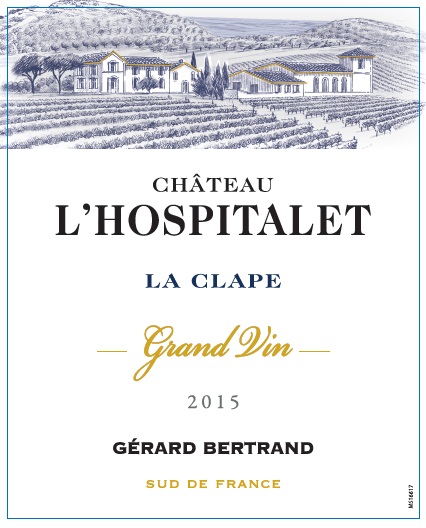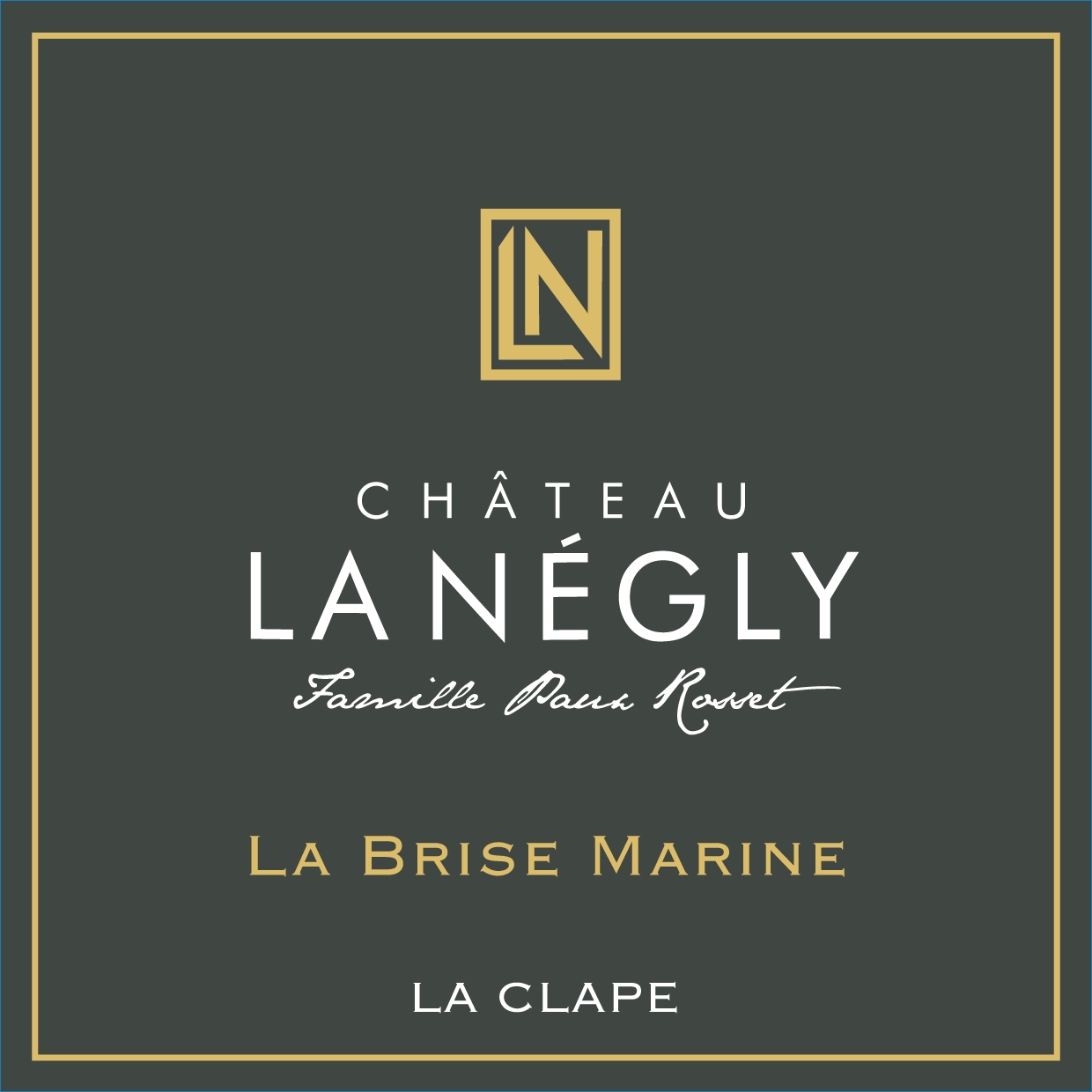Terroir of La Clape
La Clape's unique terroir is shaped by its rugged limestone terrain and closeness to the sea. The vineyards grow on varied soils: limestone, marl, red clay, pebbles, and rocks. The calcareous clay-limestone on hilltops and plateaus fosters deep vine roots, while nearby areas have siliceous clays and gravel terraces.
The region enjoys a Mediterranean climate with about 3,000 hours of sunshine annually and dry summers. Rainfall is scarce, often under 500 mm per year. The Tramontane wind from the northwest and cooling sea breezes help maintain vine health and flavor. Low bush-vine training and dry farming techniques are common to cope with heat and drought. This terroir, along with garrigue vegetation and maritime influence, gives wines a striking minerality, herbal notes, and vibrant acidity.
Notable Wineries in La Clape
La Clape, a captivating wine region in Southern France, hosts an array of notable wineries, each offering a unique taste of its limestone-rich terroir.
Among them, Château l’Hospitalet, owned by Gérard Bertrand, stands out with its comprehensive visitor experience including a tasting room, restaurant, and spa. It is celebrated for its "Grand Vin" red and white varieties.
Château Pech Redon and Domaine de la Ramade are renowned for their organic Grenache-Mourvèdre blends and aromatic whites. Château d’Angles and Mas de Soleilla are noted for their elegant GSM-style reds from older vines.
Meanwhile, Château Rouquette-sur-Mer and Château Ricardelle consistently produce high-quality La Clape wines. These wineries, a mix of historic family-owned estates and modern ventures, beautifully showcase the region’s unique mineral character.
Sustainable Winemaking in La Clape
In the heart of Southern France, La Clape's delicate ecosystems within the Narbonne Regional Park are driving a regional movement towards sustainability in winemaking. Many vineyards are reducing agrochemical use and seeking organic certification, with some adopting biodynamic practices. This shift is vital to preserving the area's natural beauty and distinct terroir.
Producers are employing agro-ecological strategies such as winter grazing with sheep to manage cover crops, maintaining hedgerows for beneficial insects, and planting cover crops to prevent erosion. These efforts are crucial as the region faces climate challenges. Water resource management and renewable energy usage are becoming standard, ensuring the long-term health and unique character of La Clape wines. Through these initiatives, La Clape not only preserves its environment but also enhances the intense and fresh qualities of its celebrated red and rosé wines.
Wine Tourism in La Clape
La Clape in Southern France offers a rich tapestry of wine tourism experiences, seamlessly blending nature and culture. Visitors can explore the region's vineyards, often by appointment, to indulge in tastings and learn about winemaking. Château visits provide a backdrop of stunning landscapes, with options to dine or stay overnight at some estates.
- Château Experiences: Enjoy tastings and the chance to stay on-site, surrounded by vineyards.
- Scenic Trails: Discover hiking and biking paths in the Narbonnaise park, showcasing Mediterranean vistas.
- Local Flavors: In Gruissan and Narbonne, experience seafood, historic sites, and local markets.
- Festive Atmosphere: Participate in seasonal events and celebrations hosted by wineries.
These experiences highlight La Clape's unique terroir and commitment to sustainability, offering an immersive look into its vibrant wine culture.
